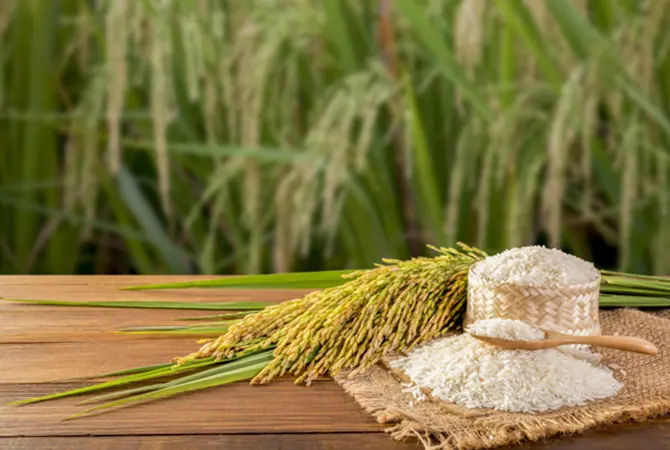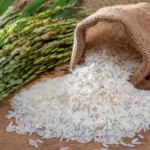How to Import Rice from India?

India is rich in culture and agriculture, Indian cultivates and exports different types of crops each year. One of these crops is rice, US Import Rice from India in a large quantity. Each year, the USA spends a large amount of money on importing rice from India. So, rice importing has become a great business.
The idea of Rice Importing from India is unique because many importers have invested a lot of money in importing. It requires the necessary documentation, and paperwork, as well as approvals and different additional process.
How to Import Rice from India to USA?
To Import Rice from India to USA, you have to follow these steps:-
Understanding the Rice Market in India
India boasts a rich agricultural landscape conducive to rice cultivation. With a myriad of rice varieties grown across different regions, the Indian market offers an extensive selection for importers to explore. Understanding the nuances of India’s rice market, including regional preferences, seasonal variations, and pricing trends, is paramount for successful import endeavors.
Exploring Rice Varieties and Quality Standards
India produces a spectrum of rice varieties, ranging from Basmati to Non-Basmati and aromatic to long-grain varieties. Importers must familiarize themselves with the diverse characteristics and culinary applications of each variety to cater to varied consumer preferences globally.
Researching Suppliers and Quality Standards
Identifying reputable suppliers is crucial to ensure the consistent supply of high-quality rice. Conducting thorough research, scrutinizing supplier credentials, and verifying adherence to quality standards such as ISO certification and food safety regulations are indispensable steps in supplier selection.
Establishing Quality Parameters
Define specific quality parameters and product specifications in collaboration with suppliers to maintain consistency and meet consumer expectations. Factors such as grain length, aroma, moisture content, and milling standards should align with market preferences and regulatory requirements.
Navigating Import Regulations and Documentation
Importing rice from India entails compliance with intricate import regulations and documentation procedures. Familiarize yourself with customs requirements, tariff rates, phytosanitary certifications, and import permits to facilitate seamless customs clearance and avoid regulatory hurdles.
Partnering with Experienced Customs Brokers
Engage experienced customs brokers well-versed in import procedures and regulatory compliance to streamline the clearance process and mitigate the risk of delays or penalties.
Logistics and Shipping Considerations
Efficient logistics management is pivotal to ensuring timely delivery and minimizing transit risks. Evaluate transportation options, shipping routes, and freight costs to optimize logistics operations and maintain cost-efficiency.
Cost Analysis and Budgeting
Conduct a comprehensive cost analysis encompassing procurement costs, transportation expenses, customs duties, and ancillary fees to formulate a realistic budget. Factor in market fluctuations and currency exchange rates to mitigate financial risks and ensure profitability.
Building Relationships with Suppliers
Cultivating strong relationships with Basmati Rice Exporters in India fosters trust, transparency, and mutual benefit. Establish open communication channels, prioritize long-term partnerships, and seek feedback to nurture collaborative alliances conducive to business growth.
Monitoring and Evaluation of Performance
Monitor key performance indicators, sales metrics, and customer feedback to assess the efficacy of import strategies, identify areas for improvement, and optimize business performance.
Conclusion
Importing rice from India offers lucrative opportunities for entrepreneurs to capitalize on the country’s rich agricultural heritage and diverse rice cultivars. By navigating import regulations, fostering supplier partnerships, ensuring quality control, and embracing sustainable practices with Ajyoverseas, businesses can establish a thriving import venture poised for long-term success.

 Previous Post
Previous Post